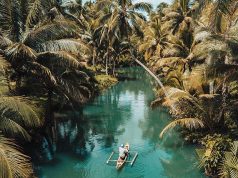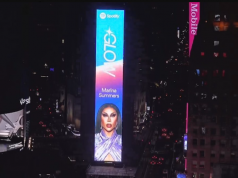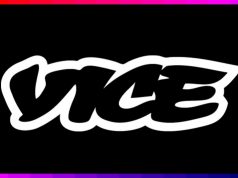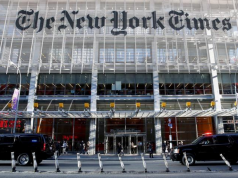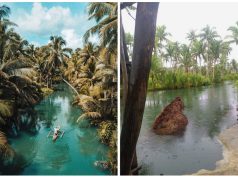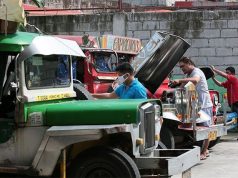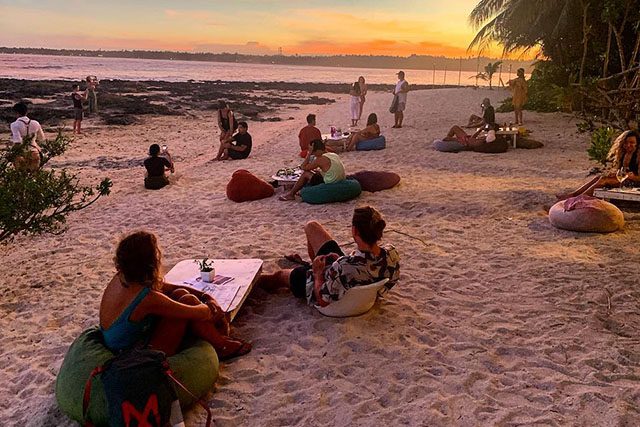
The viral posts of a beach club in Siargao that called out “freeloading influencers” recently gained the attention of foreign news organizations such as The New York Times.
An article was published on the website of the Pulitzer-winning newspaper that delved into the story of why Gianluca Casaccia, the co-owner of the White Banana Beach Club, shared such posts on social media.
It also recalled other instances of hotels and beach resorts outside Philippines that have encountered similar situations.
According to Casaccia, he and his wife have received such requests from “influencers” ever since they opened their beach cocktail bar on May 2018.
He noted that a typical e-mail from a “wannabe influencer” would be something like this:
“I’m coming from the 25th to the 27th. We need three beds and food and accommodation.”
Cassacia said that the individual would offer to share content on their own platforms related to the establishment as a means of payment instead of actual cash.
He found such proposals “disrespectful” since the “influencers” would often have less than 2,000 followers on Instagram, the most popular social media platform used in the latter’s line of work.
“We found this disrespectful. How can you help me if you are no one?” Cassacia was quoted in the article.
For him, an “influencer” has to have half a million followers in order to propose collaborations and other projects involving the beach cocktail bar.
Cassacia shared that he eventually decided to call out such “influencers” who kept on giving him similar proposals on a Facebook post.
He reiterated that he never intended for the post to become viral since he only wanted them to “stop” messaging him.
On ‘self-proclaimed influencers’
White Beach Banana Club in March 2019 surprised social media users when it unabashedly called out “influencers” who only wanted to gain free accommodation and services in exchange for promoting the place.
The post gained so much traction, especially in a country where citizens are considered the world’s “heaviest internet users.”
It also brought into the question the meaning of what an influencer actually is and whether or not they deserve to be on the receiving end of the vitriol.
Bloggers and supposed online personalities shared their opinions, claiming that they would not approach such establishments if they do not have “something to offer on the table,” according to a certain blogger.
A particular content creator on YouTube even declared that social media was what made Siargao famous, although it has been flocked by tourists even before the advent of online marketing.
The island has been recognized by the United States as a prime surfing spot in ’90s.
Local celebrity Bianca Gonzalez, who has more clout than the mentioned content creator, said that authentic influencers must never demand freebies unless voluntarily offered to them.
“The word influencer’ is thrown a lot around these days. All of us, regardless of follower count, have influence with people around us, for sure. But it should never be a license to feel entitled to demand to be given free things,” she shared.
“Simple lang.. ‘pag binigyan ka ng free service or free product, magpasalamat. Pero hintayin na sila ang magbigay, ‘wag ikaw ang mag-demand na bigyan ka. Kung gusto mo, bayaran please. Lumugar,” Gonzalez added. — Featured image from Facebook/White Banana Beach Club Siargao




